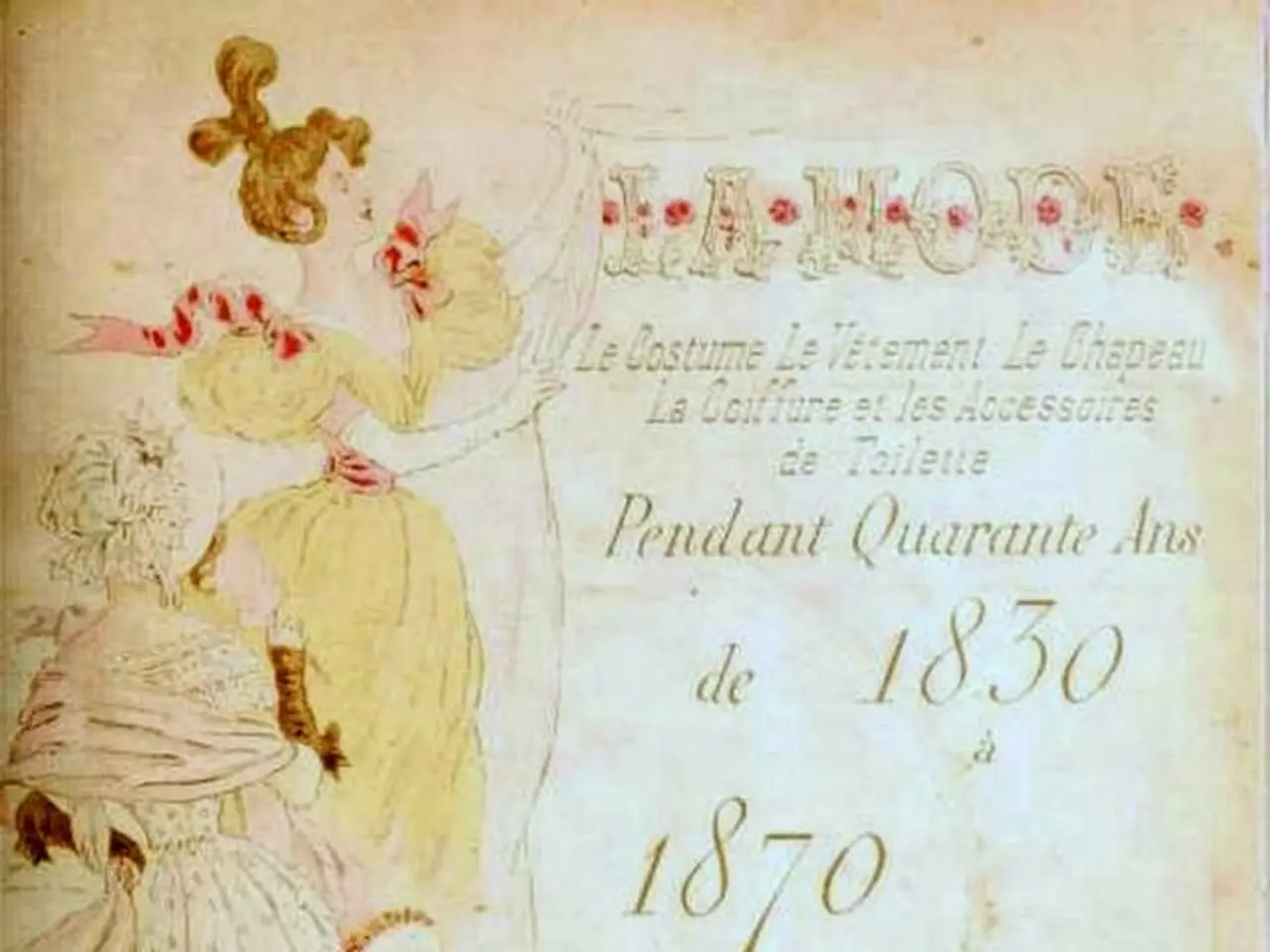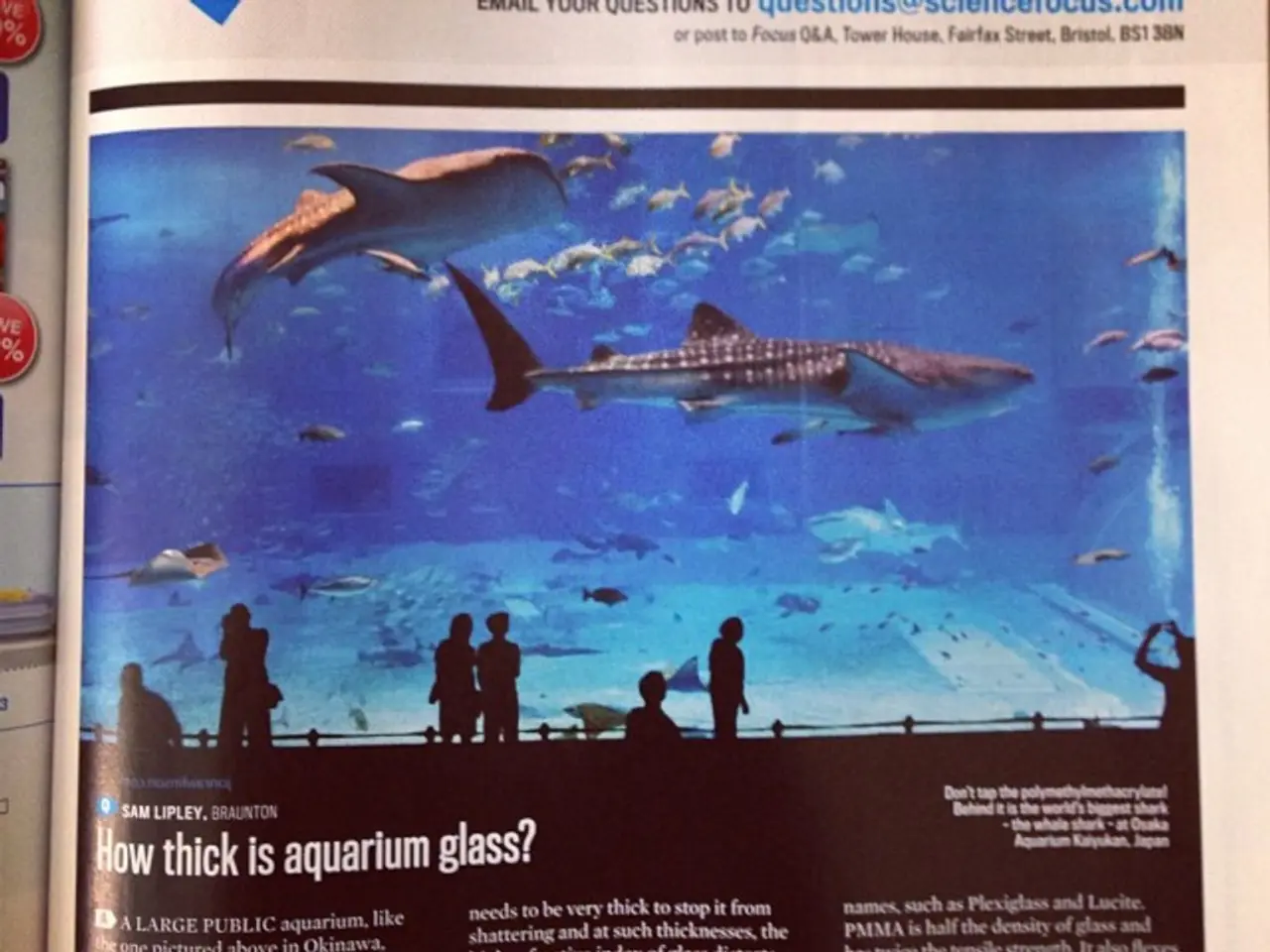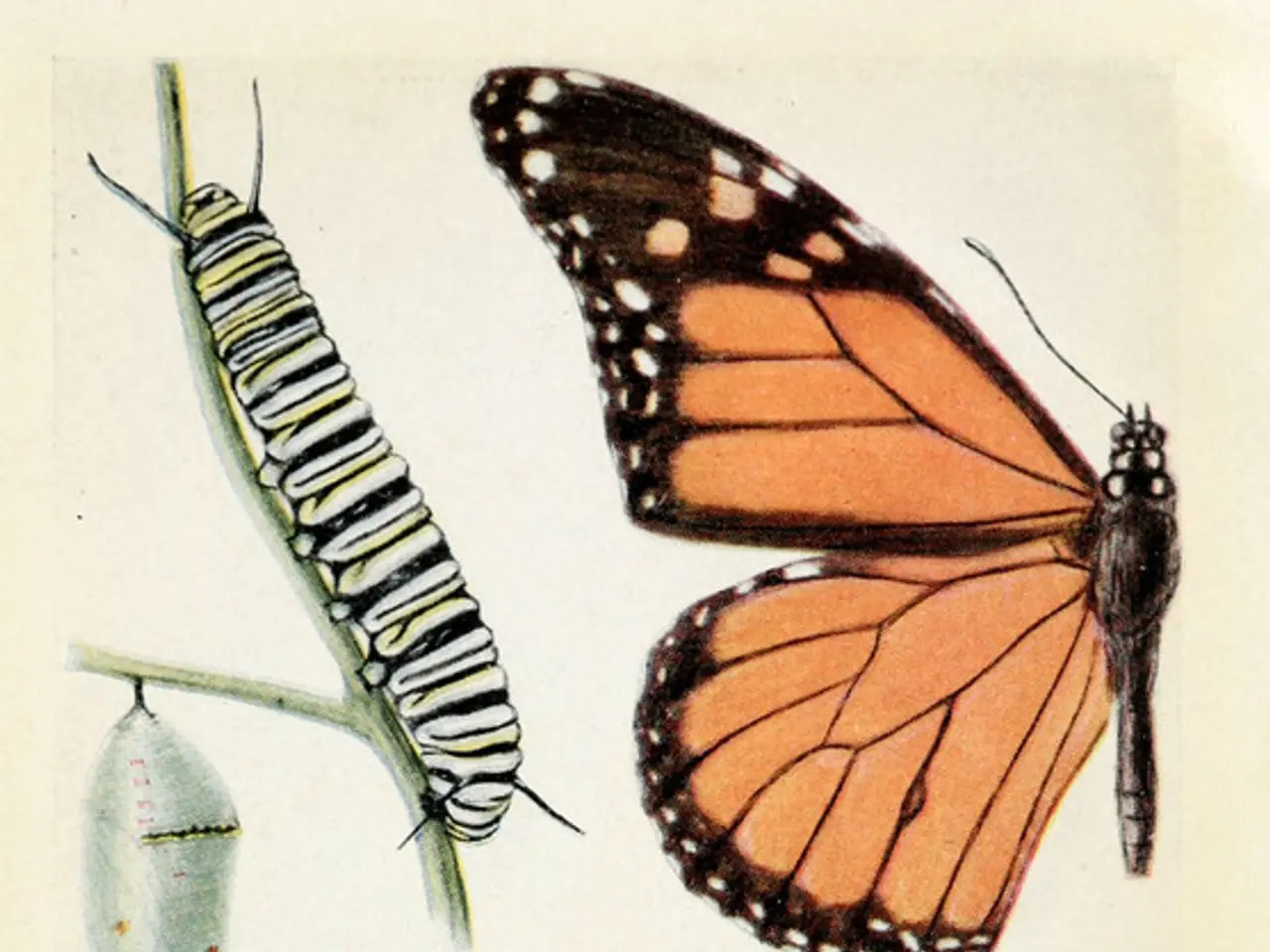Public funding recipients should abstain from promoting gender issues
In a move that has sparked heated debates across Germany, Culture Minister Wolfram Weimer has issued a decree prohibiting the use of gender-inclusive language featuring special characters like asterisks in publicly funded institutions. The ban, which includes museums, foundations, and broadcasting services, was first implemented within the Federal Chancellery in August 2025.
Weimer, a journalist with conservative leanings who took office in May 2025, justifies his position by advocating for the "beauty" and tradition of the German language. He opposes what he calls "guardive language education" and argues that language should connect, not divide.
However, critics argue that the ban disregards inclusivity and erases important gender diversity efforts in society. Misbah Khan, the deputy leader of the Green parliamentary group, sees an "implicit threat" in Weimer's statements, believing it to be an attack on the freedom of art and culture and an attempt to discipline critical voices.
The German Journalists' Association shares this view, opposing Weimer's initiative as an interference with broadcasting freedom. Mika Beuster, the chairman of the DJV, states that it is none of a culture minister's business whether editorial teams of public broadcasters and Deutsche Welle use gender in their contributions.
The current debate reflects a broader cultural and political conflict in Germany about gender identity recognition, linguistic innovation, and governmental involvement in language use, especially in publicly funded institutions. Bavaria followed suit in spring 2024 with a similar ban in authorities, while Thuringia instructed its state authorities to refrain from "grammatically incorrect gender language" at the end of 2022.
Sven Lehmann, the chairman of the Culture Committee in the Bundestag, has criticized Weimer's initiative, calling him a "cultural missionary." Lehmann finds it problematic that Weimer wants to restrict free cultural institutions beyond his department. Institutions that do not comply with Weimer's recommendations risk losing relevant financial funds, according to Khan.
Weimer, however, is urging publicly funded institutions to adopt a gender ban in their communication. He has recently prohibited the use of gender-inclusive language with special characters in his own department's official correspondence. The federal government, on the other hand, does not use words with gender asterisks but adheres to the recommendations of the Council for German Orthography.
The controversy continues to unfold, as both sides argue their positions in a debate that goes beyond language norms and touches upon issues of gender equality, cultural policy, and free speech.
[1] "Germany's Culture Minister Bans Gender-Inclusive Language in Public Institutions," The Guardian, August 2025. [2] "Weimer's Gender Ban: A Divisive Move in German Cultural Policy," Der Spiegel, August 2025.
The debate over Germany's Culture Minister Wolfram Weimer's policy-and-legislation against gender-inclusive language in public institutions has sparked controversy in politics and general-news, with critics arguing it disregards inclusivity and erases diversity efforts. Misbah Khan, the deputy leader of the Green parliamentary group, sees an "implicit threat" in Weimer's statements, deeming it an attack on freedom of art and culture and an attempt to discipline critical voices.
The German Journalists' Association opposes Weimer's initiative, viewing it as an interference with broadcasting freedom, with chairman Mika Beuster stating that it is not a culture minister's business whether editorial teams of public broadcasters and Deutsche Welle use gender in their contributions. The controversy touches upon issues of gender equality, cultural policy, and free speech, with Sven Lehmann, the chairman of the Culture Committee in the Bundestag, labeling Weimer a "cultural missionary" and finding it problematic that Weimer wants to restrict free cultural institutions beyond his department.





